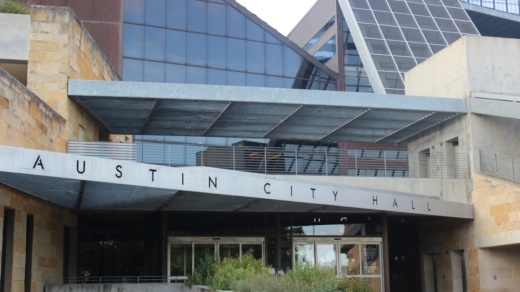The Freedom Act was developed by voter engagement group Ground Game Texas, whose successful petition for the proposal garnered tens of thousands of signatures in support last year. With Ground Game's petition now certified, council members on Jan. 18 will choose to either enact the ordinance themselves or call a special election in May and put the question to city voters.
Council most recently decided the fate of a citizen-backed petition last year after Proposition A, which would have set a required police staffing level in the city, also earned enough signatures for council consideration. Officials chose to call an election for that item given their near-unanimous opposition to the concept and also edited the proposition's ballot language—a change that prompted a legal dispute.
While citizen-initiated petitions are a regular fixture in Austin elections, council may decide to pass the Freedom Act from the dais instead given the body's previous support for elements of the proposal. Council already voted unanimously to end misdemeanor marijuana enforcement by the Austin Police Department in 2020, a change that initially saw some pushback from police leadership but is now department practice. The approval of the Freedom Act either by either council or city voters would cement that policy, as well as a total ban on no-knock search warrants, in city code.
Hybrid meeting date shift
In addition to deciding the fate of the marijuana and search warrant item, council may also push up the date that meeting requirements for city board and commission meetings are set to be loosened.
Government public meeting rules in Texas were relaxed in 2020 to allow for remote participation during the COVID-19 pandemic, prompting Austin's meetings to be held over phone and videoconference lines. Those temporary adjustments were rolled back last year statewide and meetings were once again required to be held in-person with the majority of each body in attendance. In response, City Council in November voted to allow boards and commissions to conduct hybrid meetings with only the chair attending in-person.
That policy was not set to take effect until Feb. 28, however, and council is looking to move forward sooner in response to recent COVID-19 trends in the area. If approved Jan. 18, a change would immediately make hybrid meetings an option for future board and commission sessions.





